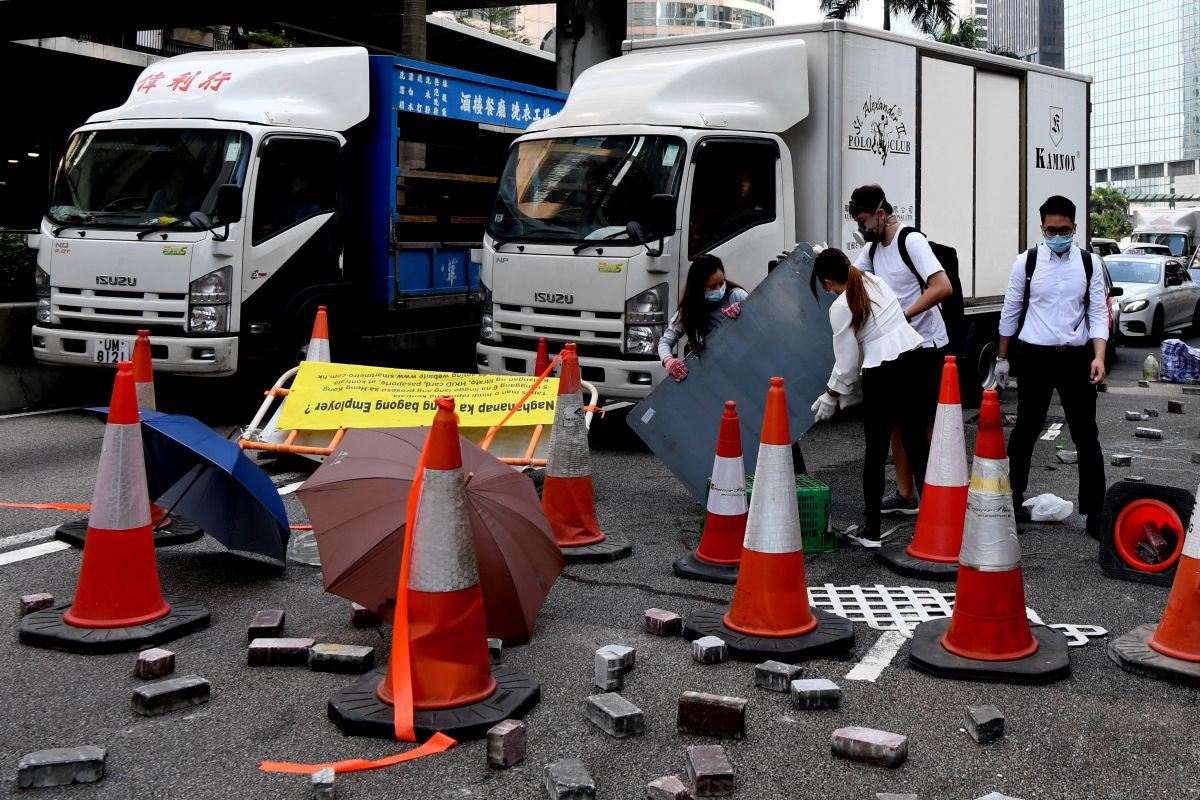HONG KONG: The anti-government protest crisis that has rocked Hong Kong since June, has raised career doubts among the expatriates living in the city, a media report said.
Immigration figures show that 731,082 foreigners were living in Hong Kong in November 2018. A year later, the figure was 726,032, the South China Morning Post said in its report.
The number includes domestic helpers, largely from the Philippines and Indonesia, who totalled to around 400,000.
But so far, there is no evidence of an exodus.
Anurag Bhatnagar, president of the Forum of Indian Professionals Hong Kong, moved to the city from India in 1995 and has seen several periods of mass protests since then.
“What I was surprised by, though, was the violence – how things took a violent turn,” Bhatnagar said.
The career commodities trader and tech venture founder said many in his circle were concerned about the demonstrations and frustrated by the government’s lack of engagement.
“At the end of the day, every expatriate who moved to Hong Kong has moved for better opportunity for themselves, professionally, personally, and for their families. When the future is uncertain, politically, of a particular place, people start questioning that decision,” he said.
Hong Kong’s protests began in reaction to the government’s proposal in February to amend laws that could have led to legal suspects being extradited to mainland China.
By June, an estimated two million people had taken to the streets in mostly peaceful protests against what they saw as a violation of Hong Kong’s autonomy.
The extradition bill was eventually withdrawn but by then the demonstrations had morphed into broader calls for universal suffrage and other demands, said the South China Morning Post.
A 33-year-old banker from New Zealand didn’t draw up an escape list, but after long talks with his wife, both decided to look for work elsewhere after four years in the city.
But leaving wasn’t the plan for a South Korean-born stockbroker and his family. But while Hong Kong was the right place to be for his career, he did have a red line.
For others, decisions have already been made. An American army veteran said he was unwilling to live in a place where “violence (is) condoned” and planned to move to Singapore.
However, Bhim Prasad Kafle, vice-chairman of the Nepal Chamber of Commerce Hong Kong, said he was optimistic there would be a rebound for the city. IANS







